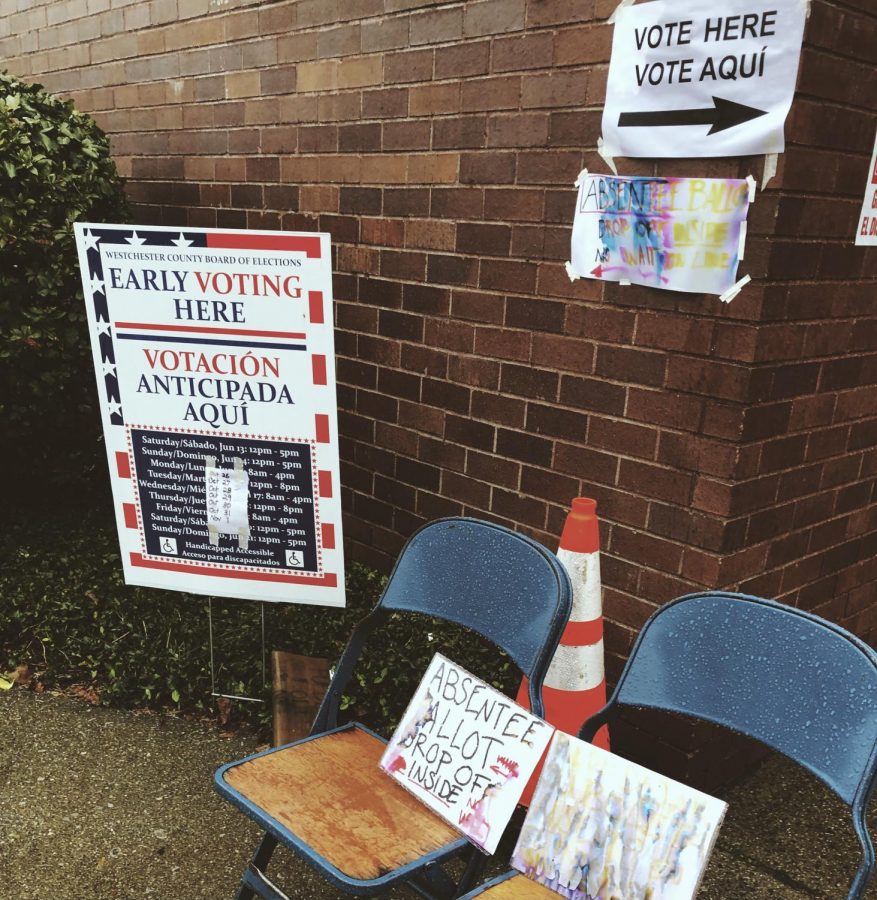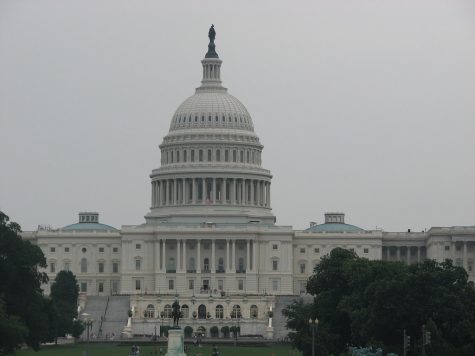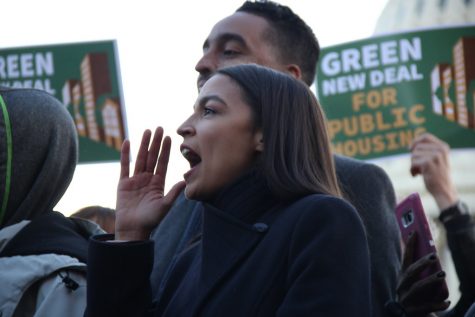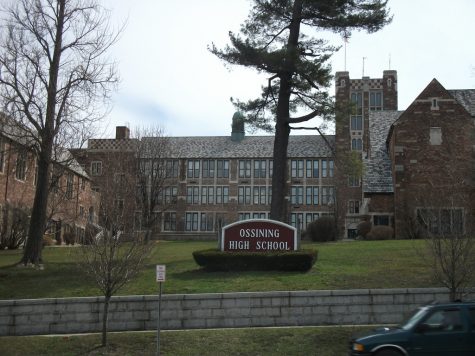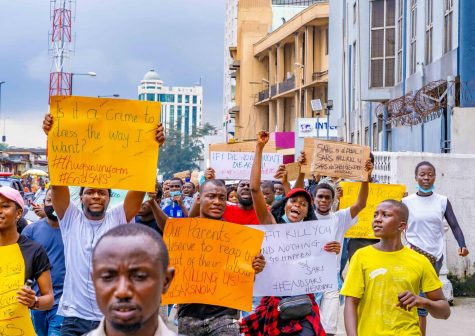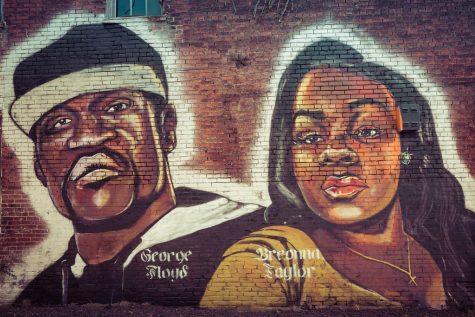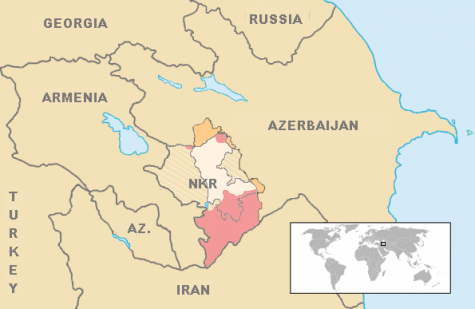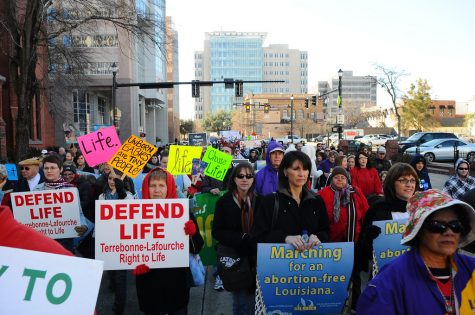The History and Future of Voter Suppression: What the 2020 Election Showed Us
Numerous factors have proven to be preventative in creating an equitable voting environment for black communities. Much of this can be linked to the racism ingrained in American society. The current civil rights movement has immensely aggrandized voter registration and ultimately transformed elections and, by extension, politics in the United States. What does this mean for the future?
December 4, 2020
Understanding The Racial Wealth Gap & its Effects
Throughout history, systemic racism has ravaged communities of color in unspeakable ways, impacting American politics for far more than a century, and unjustly shaping the political climate in which black Americans live. Until 1964, Americans were expected to pay what was called a poll tax — a mandatory fee that was to be paid in order to vote in an election. Just under 100 years following the Civil War, this tax introduced yet another obstacle for the amplification of black voices and the growth of their communities. A significant, yet purposeful, consequence of the poll tax was the overrepresentation of southern states in the electoral college, as the large African-American population was not given access to actively exercise their right to vote. Despite being unable to or very restricted in their ability to practice their right to vote, African-Americans played a crucial role in determining the number of representatives their state had in Congress or number of electoral votes their state got. This “hack” would effectively push conservative agendas through and influence elections for years to come. The poll tax was also linked to the perpetual racial wealth gap. Following the emancipation of all slaves in 1865, the continual acts of chauvinistic terrorism — through inadvertant (though arguably purposeful) policy and violence, black Americans were never given the opportunity to be fully freed from this weight. The lasting effects of redlined neighborhoods, Jim Crow, caveats to the 13th amendment, and stigmatization of black men and women perpetualize the inequality faced by black Americans to this day — from absence of equitable access to education, mental health resources and police brutality, to the disadvantages that come with the racial wealth gap. Moreover, redlined neighborhoods invariably prevent black communities from obtaining necessary federal funding, gentrification signifies extreme disregard for potential growth, the blatant racism and stigmatization of black Americans continues to plague the nation, hereditary wealth amongst black Americans is scarce, and a limited access to affordable education all result in a limited opportunity for black Americans to accumulate wealth and thus, thrive in a laissez-faire society. With this in mind, it is understandable that a poll tax would significantly and disproportionately affect black communities rather than white ones. While no poll tax exists today, a racial wealth gap and redlined communities still do.
Connecting the Past to the Present
Although access to voting may be more readily available today, access to viable candidates, meeting voting requirements, and ultimate voter turnout are not. While representation and income inequality may not be parallels, the system that brings a disproportionate amount of black Americans to these communities is directly connected to their financial status. Additionally, various state laws regarding the presentation of identification in order to vote have been called out as an act of voter suppression, as obtaining identification can take time and is costly for some. This extends from the genuine difficulties in obtaining a driver’s license to new, pressurizing legislation for REAL IDs, which cost anywhere from 20 to 30 USD. However, the 2020 general election proved that things are changing. In the historically Republican state of Georgia where party victory had prevailed in the general election for years, Joe Biden, the Democratic presidential contender, was able to flip it blue. Many have credited the flip to be a direct result of the current civil rights movement — a combination of increased fervency and awareness amongst a decently sized portion of the marginalized and non-marginalized U.S. population of the power of their vote. Furthermore, citizens were quick to recognize the Fair Fight Action program, an initiative founded by politician Stacey Abrams in 2018, that not only increased voter turnout but also aimed to change various legislation that could possibly accentuate inequities faced by the African-American community.
What This Means for the Future
While much is to be done in the fight against racism and for civil justice, much has been accomplished, and it shouldn’t go unrecognized. From Stacey Abrams’ initiatives and the Black Lives Matter movement, to increased liberality in formerly conservative areas, various changes are editing everything from the electoral map to legislation and administrations. Voter turnout amongst communities of color and marginalized populations continues to grow, a sure fire symbol that such initiatives are working. It is, however, important to note, that various “step-backs” in liberal progression occur regularly. Certain things cannot be compromised on–a common mindset amongst left and right wing activists. As such, efforts for compromise and widespread education on various topics are said to be imperative if these issues are to be rectified. If our past and current political climate are indicative of anything, they are of this: until the day where we all enter society on an equal footing, society will rail for progress until they watch it unfold.
Disclaimer: This article used information from Forbes, The Atlantic, and the Fair Fight Action website to help write it.



